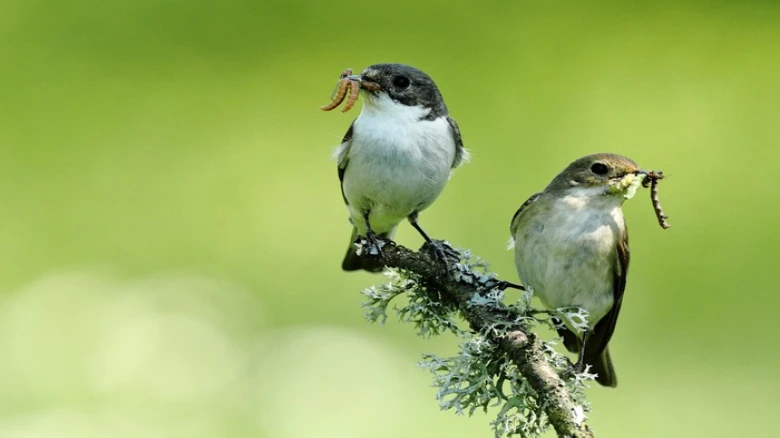Researchers have shown that the factors that lead to divorce in birds can be comparable to those that lead to separation in people, such as sexual conflict and environmental stress.
Digital Desk: Divorce is something we normally associate with people. However, did you know that birds may get divorced too? The results of a recent study on bird breakups were fascinating. Not just in humans but also in birds, affairs and extended separations can result in divorce.
Birds have been observed to end their relationships through a 'divorce' process that differs greatly between species. Birds are famous for their monogamous social mating system, in which they usually share a mate for at least one breeding season.
Researchers have shown that the factors that lead to divorce in birds can be comparable to those that lead to separation in people, such as sexual conflict and environmental stress.
Scientists from
China and
Germany recently evaluated previously published data on divorce rates in 232 bird species for a study that was just published in the journal Proceedings of the Royal Society. The goal of the study was to determine the main factors driving divorce rates, which have been the topic of continuous discussion.
They examined the relationships between divorce rates and a variety of variables, such as adult mortality, migration distance, and the promiscuity of both sexes.
The researchers found that divorce rates and male promiscuity, but not female promiscuity, were positively correlated.
Additionally, they discovered that while the adult mortality rate did not directly correlate with migration distance, it had a substantial impact on bird divorce rates.
The results show that species with high divorce rates were frequently closely linked to one another, and species with low divorce rates also showed this trend. When looking at male promiscuity, a similar association was discovered.
The research team in their paper stated, "These findings suggest that divorce may not be a simple adaptive (driven by sexual selection) or non-adaptive strategy (resulting from accidental loss of a partner) in birds. Instead, it could be a combination of responses to sexual conflict and stress from the surrounding environment."

Leave A Comment